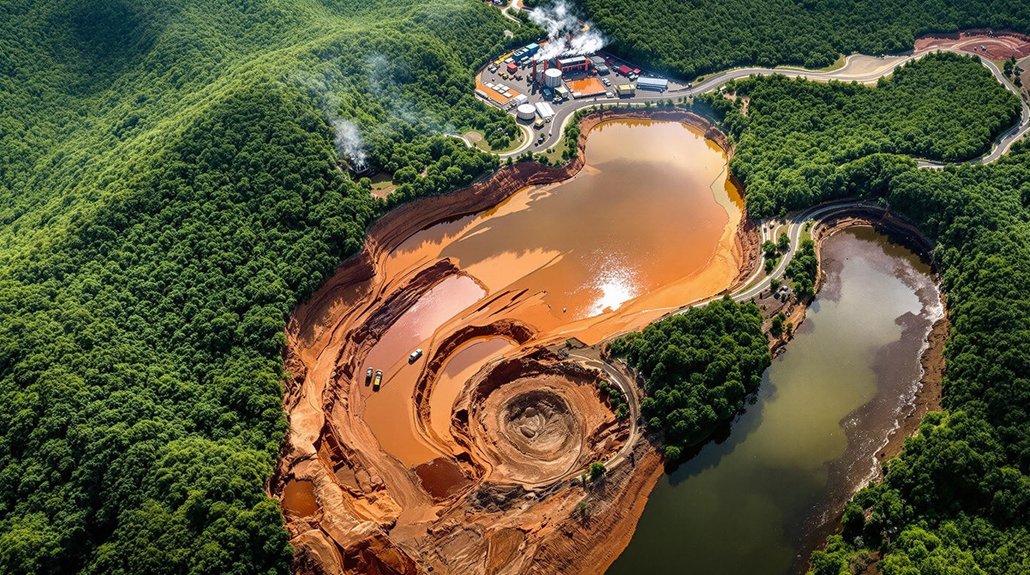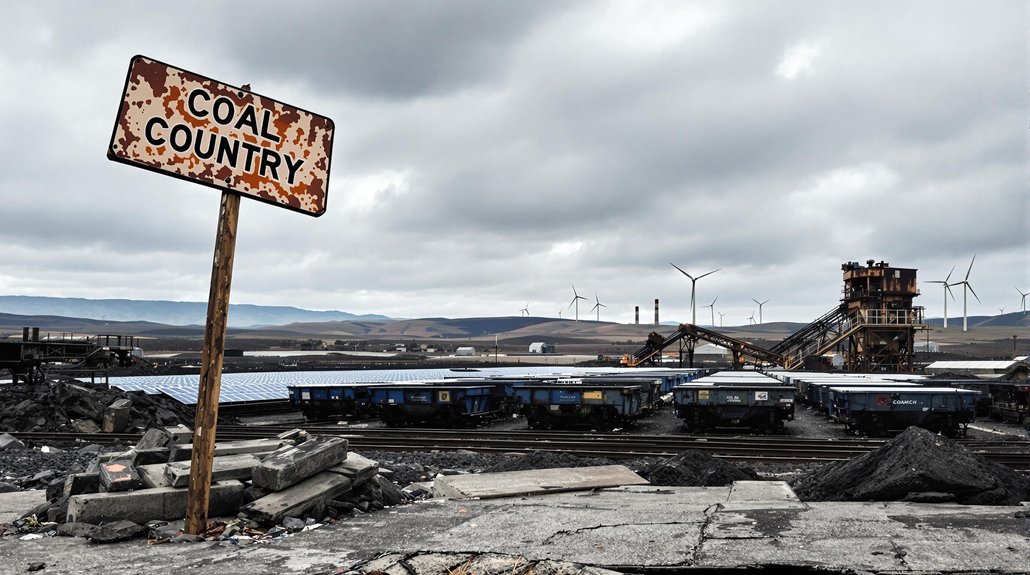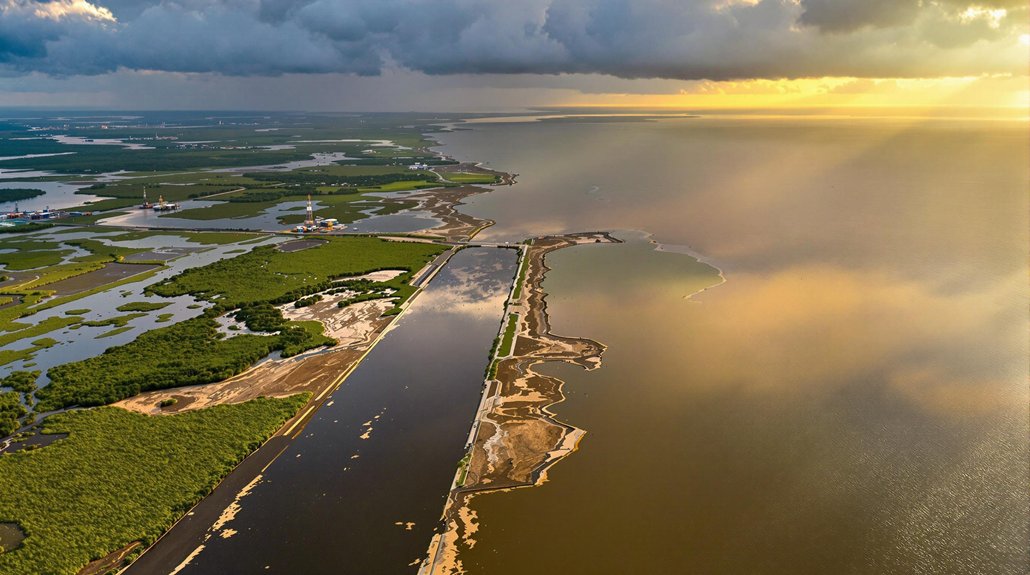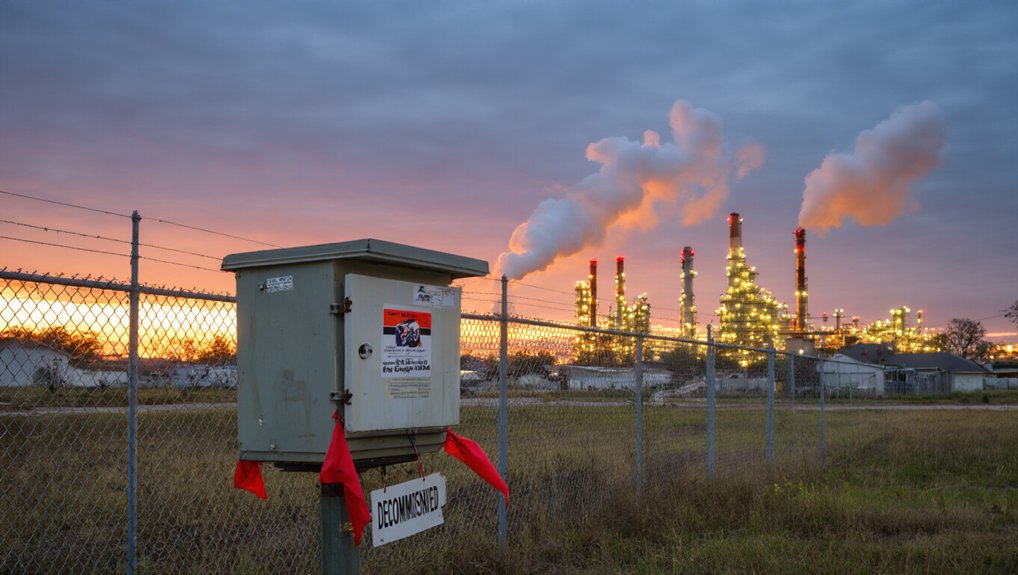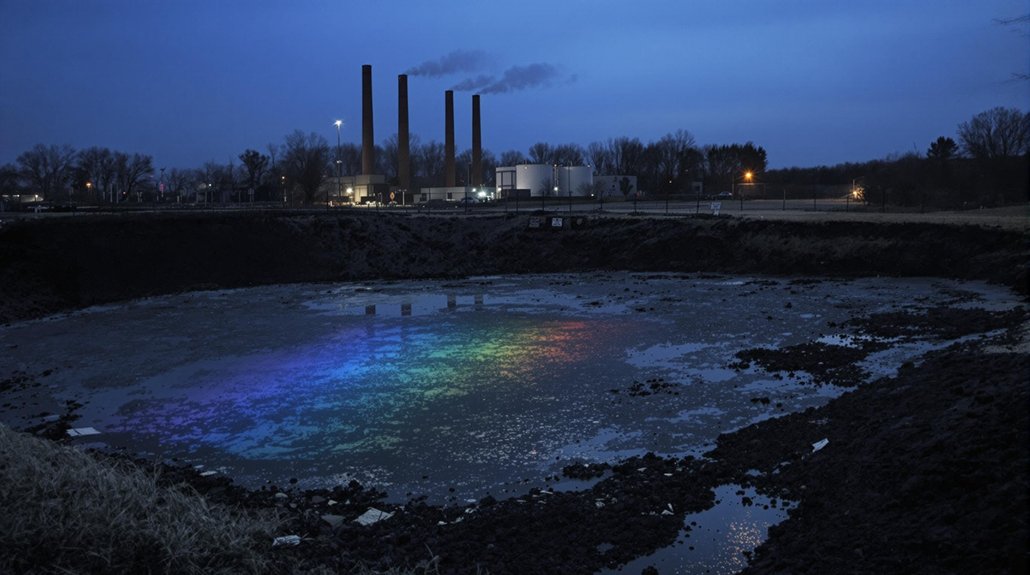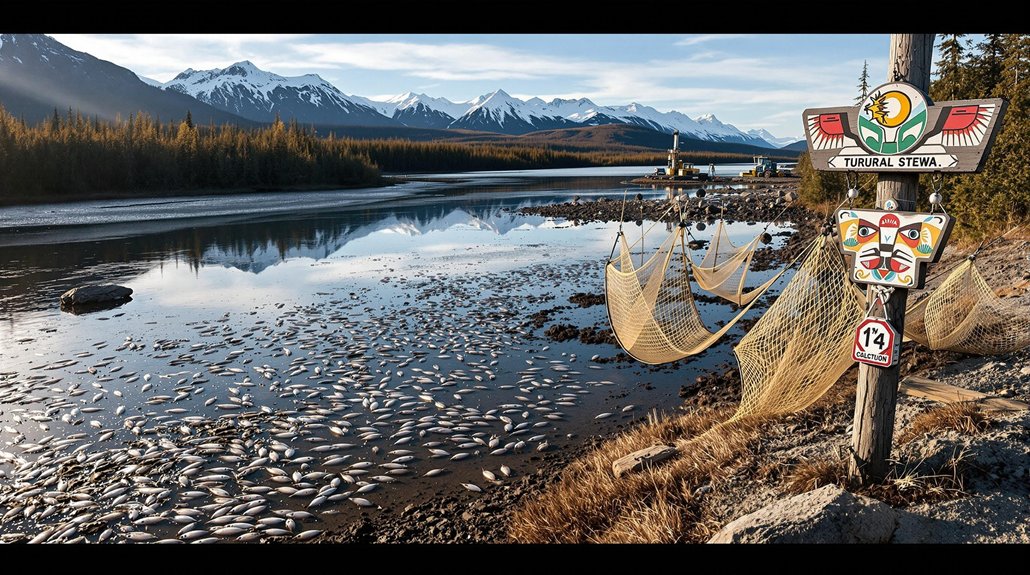Indigenous peoples worldwide are battling mining companies that threaten their ancestral lands. As demand for minerals needed in green energy technologies increases, mining operations are expanding into protected areas. These activities pollute rivers with dangerous chemicals and accelerate deforestation. Indigenous communities are fighting back through legal challenges and direct action, but often face unfavorable national laws. The struggle highlights tensions between clean energy goals and respecting traditional land rights of communities who bear the environmental costs.
As mining companies continue to expand operations across the globe, Indigenous peoples find themselves at the center of a growing crisis. With 35% of environmental conflicts involving Indigenous communities and mining concessions overlapping 20% of Indigenous lands in the Amazon, the struggle for land rights has intensified.
The environmental toll is severe. Mining activities have polluted more than 30 Amazonian rivers and led to higher rates of forest loss on Indigenous territories. Water samples from mining areas show dangerous levels of arsenic, lead, and mercury that exceed health guidelines. This pollution threatens both pristine habitats and the communities that depend on them. These mining operations contribute significantly to greenhouse gas emissions through industrial processes and deforestation of carbon-absorbing forests.
Mining’s toxic legacy poisons Indigenous waterways with deadly metals while accelerating deforestation in once-pristine territories.
National laws often favor mining companies over Indigenous rights. Only Guyana provides even a limited form of consent for Indigenous peoples regarding mining activities. This lack of consultation violates the principle of free, prior, and informed consent outlined in the United Nations Declaration on the Rights of Indigenous Peoples. The United States finally adopted this declaration in 2010, years after most other nations had already done so.
Indigenous communities aren’t sitting idle. The Gitxaała Nation is challenging British Columbia’s Mineral Tenure Act, while the Tahltan First Nation blocked access to the Red Chris Copper and Gold Mine. The Tr’ondëk Hwëch’in fought eviction from their lands for mining development.
The push for green energy has added new pressure. Over half of evolution mineral projects are on or near Indigenous lands, creating a painful irony: solutions to climate change threaten the very communities who’ve protected these environments for generations.
Economic benefits often bypass Indigenous peoples, with mining jobs typically filled by skilled immigrant workers. Communities face landscape destruction, livelihood loss, and land dispossession. These tensions sometimes escalate into violent conflict.
Experts recommend strengthening Indigenous land rights, establishing stronger environmental safeguards, and consistently monitoring mining operations. Companies should invest in ecological restoration and reforestation. Research has identified mining as the top sector involved in environmental conflicts that impact Indigenous communities worldwide.
As the demand for minerals continues to grow with the green energy evolution, finding a balance that respects Indigenous rights while addressing global energy needs remains a critical challenge for governments and corporations worldwide.
